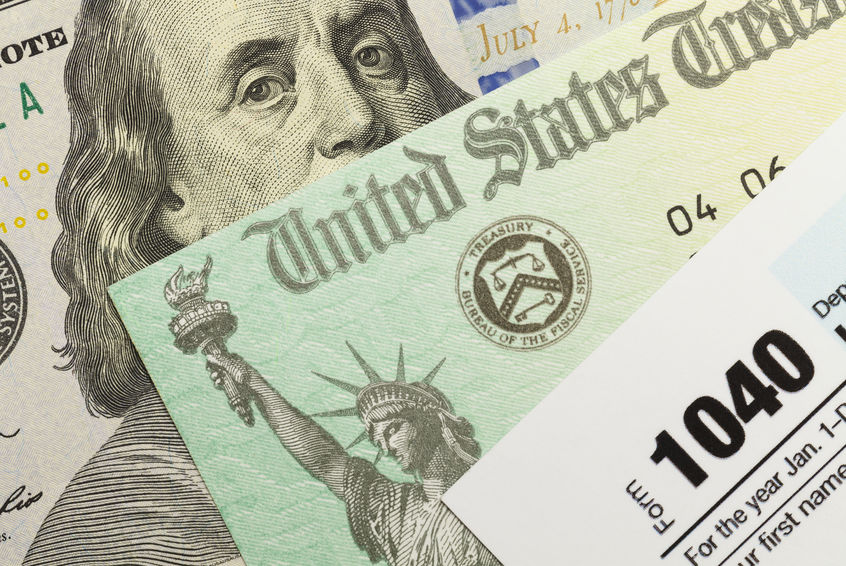
Per the Weekly Mortgage Applications Survey provided by the Mortgage Bankers Association (MBA) for the week ending the 5th of July, mortgage applications are up – and significantly so. The Market Composite Index measures the volume of loan applications coming in through lenders across the country, and per this index, there was a tremendous increase in applications in the first week of 2018.
Statistics
Per the Market Composite Index, loan application volume went up 8.3% on a seasonally adjusted basis. On an unadjusted basis, that number is even higher and represents a 46% increase. Of course, the results have been adjusted to account for New Year’s Day, when lenders were unavailable to take application. On top of this, there was an 11% increase in the Refinance Index, and the Purchase Index rose, as well, by 44% on an unadjusted basis and 5% when seasonally adjusted. Though mortgage applications are up, the Purchase Index declined by 1% from the same week in 2017.










 Protected with 256 bit SSL
Protected with 256 bit SSL




